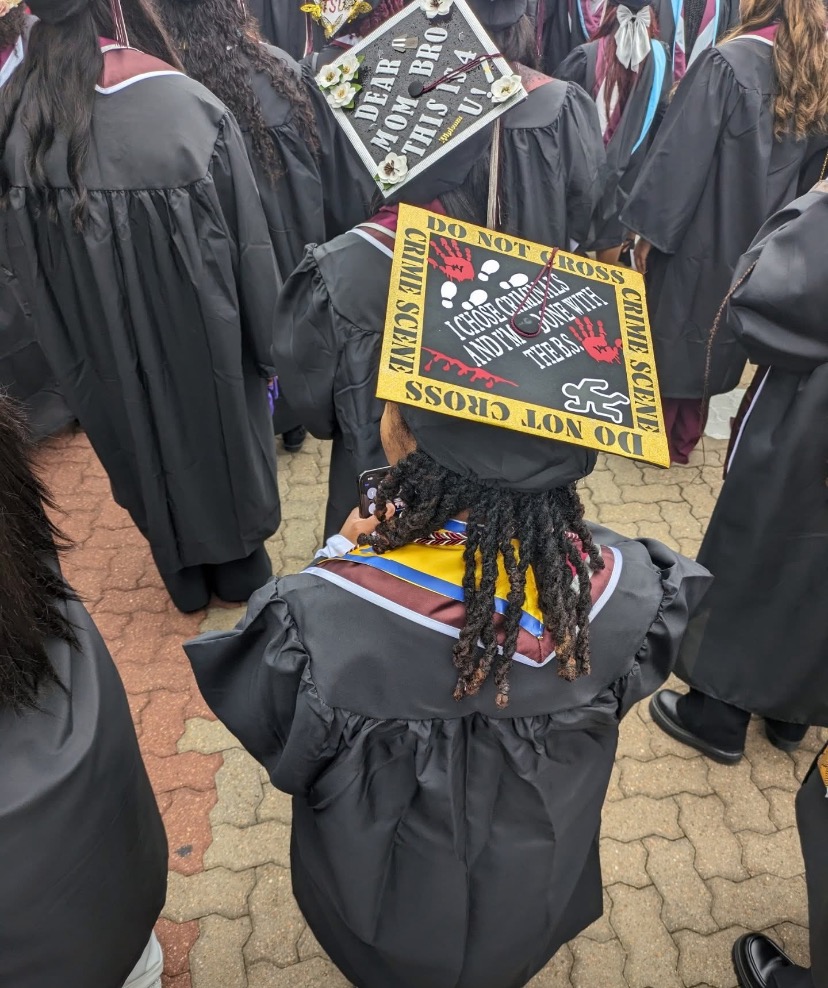Luisa Haynes appeared to be
a “woke” Black woman. She claimed to have a political science major
and live in New York. Her Twitter handle @WokeLuisa attracted over 55,000
followers in a year. Like her picture, her 2,000 posts radiated
attitude and swag.
On September 23, 2017, she wrote:
“Trying to figure out how #TakeAKnee is un-American but letting people die
because of lack of health insurance is patriotic.”
After that on March 11, she tweeted: “If
you’re a Trump supporter, please don’t forget to turn your clock back 150
years…oh wait… you did it back in 2016! #DaylightSavings
A few days later, she posted: “Just a
reminder: Colin Kaepernick still doesn’t have a job, because in this country
fighting for justice will make you unemployable.”
Laura Rosenberger, director of
the Alliance for Securing Democracy and a senior fellow at The German
Marshall Fund of the United States, testified about
@WokeLuisa and noted that the message about Colin Kaepernick was retweeted
37,000 times.
There is humor and snark in Luisa’s
tweets. The messages cover a wide range of current events from elections to the
NFL national anthem debate and President Trump.
Every post has an
us-versus-them racial undercurrent. Every tweet is divisive, designed
to amplify and polarize people in the United States.
Yet Luisa’s posts are quotable and
viral.
The Woke Luisa account applied the
science of viral outrage to make messages shareable. “For every moral,
emotional word that people use in a tweet, we found that it increased the rate
of retweeting from other people who saw it by 15-20 percent,” according
to Jay
Van Bavel,
a social neuroscience professor and director of NYU’s Social Perception and
Evaluation Lab. Van Bavel and his colleagues published a new paper based on an analysis of
nearly 50,000 political tweets. Shankar Vedantam, in a recent podcast of Hidden
Brain on this research, points out that the outrage over a post spurs more
outrage in response, creating a spiral that leads to exhaustion and
disengagement.
The new Report of the
Select Committee on Intelligence United States Senate on Russian Active
Measures Campaigns and Interference in the 2016 U.S. Election documents that @WokeLuisa
is a Russian troll. This persona is one of as many as 50,258 fake Twitter
accounts created by a Russian troll farm.
The purpose of trolls is stated in the
very first paragraph of the bipartisan Senate report:
In 2016, Russian
operatives associated with the St. Petersburg-based Internet Research Agency
(IRA) used social media to conduct an information warfare campaign designed to
spread disinformation and societal division in the United States…Masquerading
as Americans, these operatives used targeted advertisements, intentionally
falsified news articles, self-generated content, and social media platform
tools to interact with and attempt to deceive tens of millions of social media
users in the United States. This campaign sought to polarize Americans on the
basis of societal, ideological, and racial differences, provoked real world
events, and was part of a foreign government’s covert support of Russia’s
favored candidate in the U.S. presidential election.
One of the many disturbing findings is
that Black voters were targeted more than any other group.
Evidence of the
IRA’s overwhelming operational emphasis on race is evident in the IRA’s
Facebook advertisement content (over 66 percent contained a term related to
race) and targeting (locational targeting was principally aimed at African
Americans in key metropolitan areas with), its Facebook pages (one of the IRA’s
top performing pages, “Blacktivist,” generated 11.2 million
engagements with Facebook ‘ users), its Instagram content (five of the top 10
Instagram accounts were focused on African-American issues and audiences), its
Twitter content (heavily focused on hot button issues with racial undertones,
such as the NFL kneeling protests), and its YouTube activity (96 percent of the
IRA’s YouTube content was targeted at racial issues and police· brutality).
Now we know. We should all have serious
concerns about digital disinformation.
In fact, during a July 24
congressional hearing former
special counsel Robert Mueller answered a question by stating that the Russian
troll farm was expanding and continuing its digital disinformation warfare “as
we sit here.” He added that other countries were expected to copy these tactics
in our upcoming election cycles. This nightmare is not over. It is the new
normal, so in the absence of action by the federal government and social media
companies we better get ready to resist it.
Our democratic system of government with
its checks and balances depends on lively debates. To help voters make
decisions about their elected officials and top priorities, the exchange of
ideas needs to be more truthful and less toxic than posts by Russian trolls.
Influencers, such as Luisa Haynes,
are widely
quoted in
the news. The Senate report notes that “Content produced under the guise of
this persona would eventually appear ‘in more than two dozen news stories from
outlets such as BBC, USA Today, Time, Wired, Huffington Post, and
BET.’”
The most popular people and topics on
social media platforms shape coverage. Trending lists influence what we call
news, what we think about our leaders and elected officials and our attitudes
about whether voting matters.
The evidence is mounting that our
political discourse is subject to foreign manipulation. Social
media platforms appear unwilling or just unprepared to deal with these threats.
In the 2020 election cycle, the onus is
on voters to protect ourselves against disinformation. There are two
easy steps that
we can take: first gather news from balanced and diverse points of view; and
second, stay skeptical of sources. If the news is too sensational, don’t share
it. Together let’s keep ourselves, our families and our communities safe and
informed.
Holli L. Holliday is president of
Sisters Lead Sisters Vote, a nonprofit c4 organization for, by and of black
women.


 Black History5 years ago
Black History5 years ago
 Black History6 years ago
Black History6 years ago
 Black History4 years ago
Black History4 years ago
 Black History5 years ago
Black History5 years ago
 Black History5 years ago
Black History5 years ago
 Black History6 years ago
Black History6 years ago
 Black History9 years ago
Black History9 years ago
 Black History5 years ago
Black History5 years ago


























